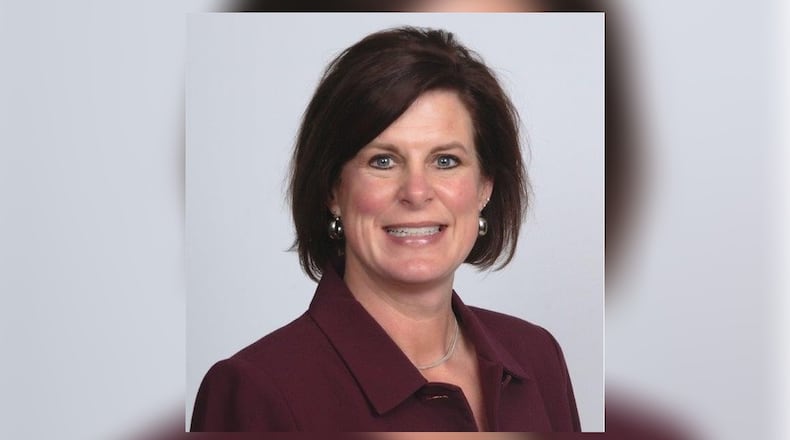DEIB is not just a buzzword or a passing trend — it’s a moral imperative. For social service organizations, DEIB is not just a commitment to excellence but commitment to justice. The populations we serve — whether struggling with mental health challenges, overcoming substance use, survivors of domestic violence, or other marginalized communities — often face barriers that stem from systemic inequity. When we fully commit to DEIB, organizations acknowledge these realities and work to dismantle them.
Building public trust is essential in social services. Communities must feel confident that the organizations meant to support them are competent, compassionate and inclusive. Communities that feel represented and valued are more likely to engage with services, trust the organization, and ultimately experience better outcomes. When an organization steps back from its DEIB commitments, it risks alienating those they aim to help and undermining the impact it hopes to have.
Critics may argue that DEIB initiatives are difficult to implement effectively, citing resistance to change or the challenge of measuring success. However, the solution is not to abandon these efforts. We need to lean in—refining our approach and recommitting to our goals. Limited funding, staff burnout, and competing priorities can make DEIB efforts seem secondary. But addressing these barriers through strategic planning, resource allocation, and leadership engagement ensures that DEIB is woven into the fabric of our organizations. Creative partnerships with community organizations or other service providers can expand DEIB efforts without draining internal resources. Also, incorporating DEIB into existing organizational practices such as recruitment, training, and program development, helps to ensures that these efforts become a sustainable part of organizational culture.
DEIB strategies require commitment, transparency, and genuine engagement from leadership. These initiatives should be viewed as an evolving journey, not a fixed destination. As organizations, we must be willing to learn, adapt, and grow from both successes and setbacks.
Now is the time for leaders in social services organizations to recommit to DEIB efforts. I encourage every leader to assess their current strategies, invest in meaningful training, and listen closely to the voices of those they serve. The journey may be filled with bumps and challenges, but the impact is profound, creating ripples of positive change for generations to come.
Melissa Norman is the Chief Executive Officer of Choices, a national nonprofit organization committed to supporting youth, adults, and families facing significant behavioral and emotional challenges.
About the Author
